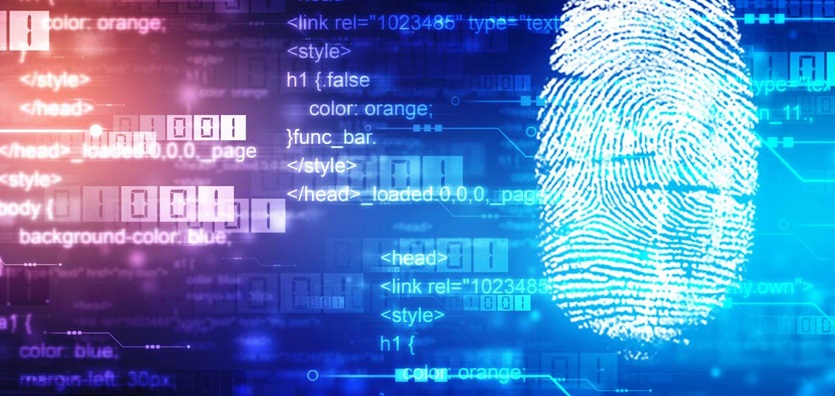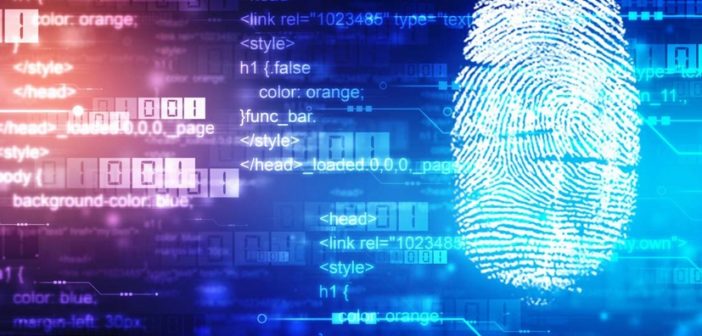
 In 2013, in what the prosecution described as “the largest, most prolific cyberattacks … against IT systems in Singapore”, as many as 19 government websites were taken down, servers of a town council website were illegally accessed, media blogs, server containing confidential data belonging to 650 of Standard Chartered Bank’s clients was compromised. The hacker “The Messiah” was caught and sentenced to nearly five years in jail, after pleading guilty to 39 charges under the Computer Misuse Act.
In 2013, in what the prosecution described as “the largest, most prolific cyberattacks … against IT systems in Singapore”, as many as 19 government websites were taken down, servers of a town council website were illegally accessed, media blogs, server containing confidential data belonging to 650 of Standard Chartered Bank’s clients was compromised. The hacker “The Messiah” was caught and sentenced to nearly five years in jail, after pleading guilty to 39 charges under the Computer Misuse Act.
This Act together with the recent Cybersecurity bill and Personal Data Protection Act, Act adds a further dimension to Singapore’s data privacy, cybersecurity and cybercrime legal framework, reflecting the increasingly digital era we live in.
The High Technology Crime Investigation Association (HTCIA) Singapore Chapter 2nd Annual Conference hosted by Deloitte (29th November 2018) in the heart of Singapore’s Commercial Business District was timely and informative on recent regulations and bills passed in Singapore and globally:
- the EU General Data Protection Regulation (GDPR) which came into force in May 2018, with new measures such as mandatory breach reporting.
- the Singapore’s Cybersecurity Act 2018 which came into force on 31 August 2018, in which the relevant CII owners are subject to statutory duties to comply with codes and directions, and report incidents to the Commissioner of CyberSecurity.
- amendments to Singapore’s Computer Misuse and Cybersecurity Act in 2017, such as making it an offense to trade, for example hacked credit card information or to deal in tools such as malware and port scanners for hacking use.
Enforcement was also a topic of focus. While Information sharing and training to keep up with technological changes and the latest criminal tactics are necessary, digital forensics also plays an important part…Click here to read full article.






